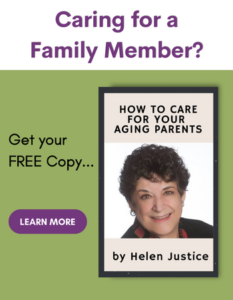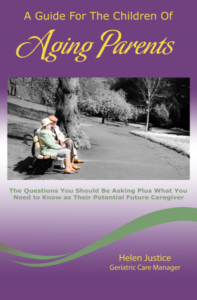$7,500 Home Improvement Grant Available to Low Income Seniors!
Rural Development makes loans for repairs to improve or modernize a home for families and individuals with very low incomes. These improvements are intended to make it safer or more sanitary, and/or even to remove health hazards. For seniors 62 and older who cannot afford a loan, grant funds many be available for these necessary repairs.
Eligibility to obtain a loan, a homeowner must be unable to obtain affordable credit elsewhere and have a very low income, defined as below 50 percent of the area median income. Grants are available only to homeowners who are 62 years old and older and cannot repay a Section 504 loan.
Repairs that can be made under both of these options are to make the dwelling more safe and sanitary, or to remove health and safety hazards. Examples of these repairs are: fixing or replacing roofs, modernizing heating and wiring systems, and making houses accessible to people with disabilities.
Terms of the Section 504 loans can be up to $20,000 for up to 20 years at 1 percent interest. A real estate mortgage and full title services are required for loans of $7,500 or more. Grants are up to $7,500 and may be recaptured if the property is sold in less than three years. A grant/loan combination is made if the applicant can repay part of the cost. A loan and a grant can be combined for up to $27,500 in assistance.
All repairs must meet local health department requirements and other applicable local codes and standards. Information can be obtained through your local zoning and health department offices located within your city and/or county.
This document explains the process of the section in great detail:www.rurdev.usda.gov/SupportDocuments/3550-1chapter12.pdf
You can find home repair & remodeling services by state on our website at LongTermCareLink.net under Home Maintenance / Remodeling or by clicking the Link: www.longtermcarelink.net/a7homemaintenancechore.htm
For additional Information on Section 504 contact the National Office, 1400 Independence Avenue, S.W., Washington, D.C. 20250, 202-690-1533 or your Rural Development State office, which can be identified at www.rurdev.usda.gov/recd_map.html
Copyright 2017 – Helen Justice GCM – Elder Care Navigator and Advocate – Advanced Wellness GCM, Inc
Known by many as “The Elder Care Navigator”, Helen Justice is a Certified Geriatric Care Manager trained to assist elders and their families with the process of aging with dignity and grace. Her knowledge and experience insures elders obtain quality care and transitional preparation for their future. More important than the financial aspect of aging is the social and emotional component that elder care places on the family. Go to www.advancedwellnessgcm.com for information on no fee seminar.



Stay Up To Date With AWGCM